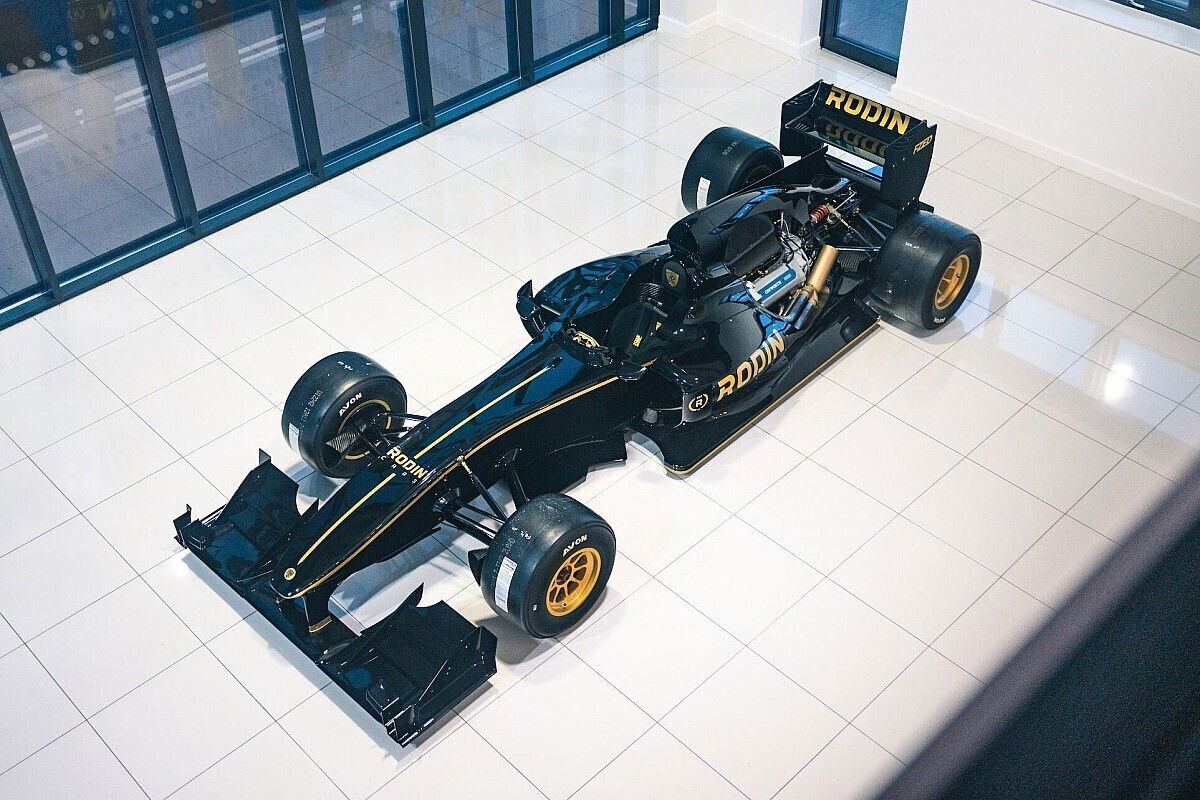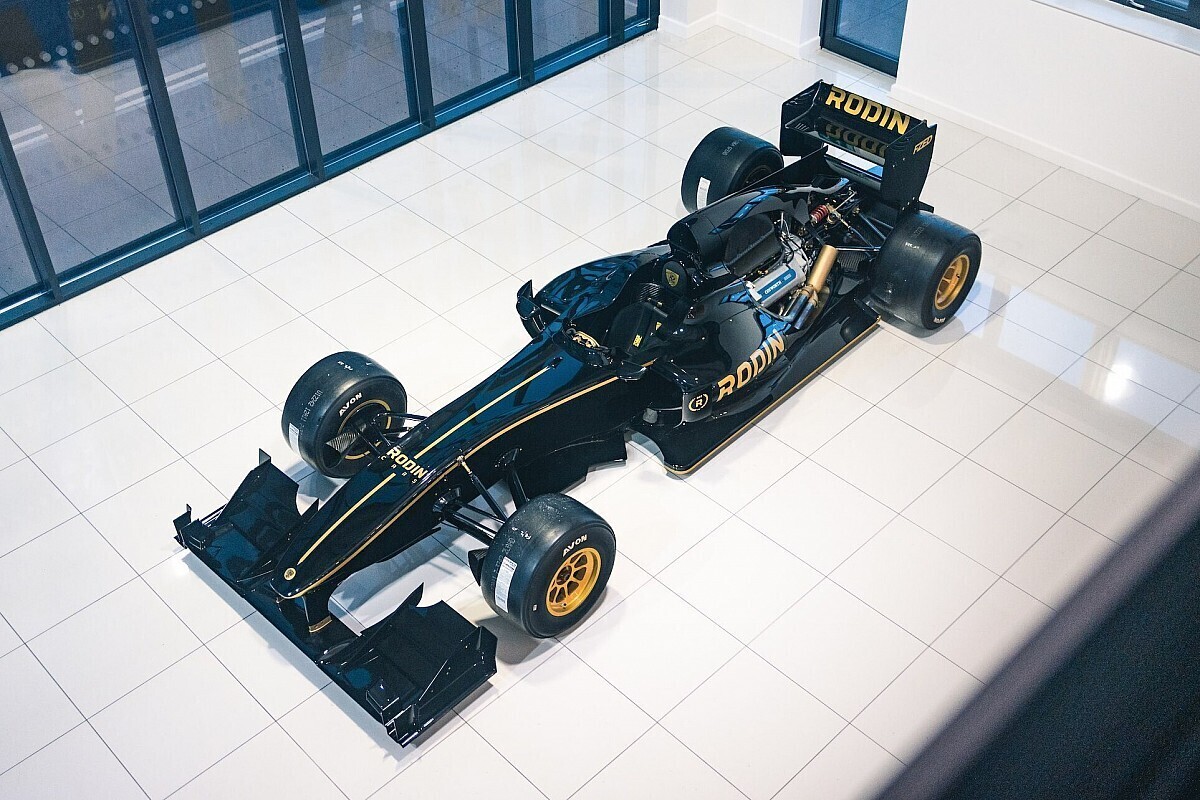

Niche New Zealand automaker Rodin Cars has revealed that it unsuccessfully applied to enter Formula 1 as a new team.
A statement from Rodin Cars confirmed an application was made as part of the FIA opening entries to the world championship.
However, it also confirmed that its efforts were unsuccessful.
“Rodin Cars participated in the recent FIA process aimed at gaining entry into the prestigious Formula 1 World Championship,” it confirmed.
“Unfortunately, our bid was not successful.”
Rodin Cars was founded by David Dicker, who gained his wealth as a hardware and software distributor.
According to the Australian Financial Review, Dicker was ranked 14th on its Rich Bosses list in 2022 with a 34 percent share in Dicker Data, valued at just shy of $650 million.
A motorsport fan, he reportedly attempted to buy Williams in 2020, when the squad was sold to Dorilton Capital.
The statement regarding its unsuccessful F1 application goes on to add that it has accepted the decision by the FIA and its comments are not designed to undermine the process but to make public the reasons for its interests.
Curiously, however, it added: “Recent information suggests, as anticipated from the outset of this process, that the only successful applicant will be Andretti Global.”
The FIA owns the Formula 1 world championship, with Liberty Media owning the commercial rights to the sport.
It is the governing body that, technically, vets and approves applicants to the competition with Liberty Media then offering a commercial deal in terms of prize money and other benefits.
That is the aspect rivals have raised concerns with as the addition of a newcomer would, presumably, mean a proportional reduction in their own income – unless the new team was capable of boosting F1’s coffers.
Modern F1 effectively runs a franchise system, with 13 such slots available.
The last time all 13 were in use was, technically, 2010 when four new teams were admitted; Virgin, Hispania Racing Team, Lotus Racing, and the still-born USGP project.
Currently, 10 of the 13 franchises are in use, with the FIA earlier this year opening the door to potentially fill the remaining three slots.
To do so, there was an array of requirements that needed to be met to demonstrate an entity’s ability and determination to make it work – the last thing F1 needs it another fly-by-night operation.
The technical capability of the applicant is believed to have been a chief consideration, along with the staff and finances to develop a Formula 1-level racing car and team.
Beyond that, there were other aspects of the application which addressed areas such as diversity and environmental impact.
In its statement, Rodin Cars revealed that it had intended to guarantee a seat for a female driver.
“We committed to reserving one seat for a female driver,” it stated.
“We have tested Liam Lawson, Jamie Chadwick and Louis Sharp at our facility in New Zealand, in both an F3 car and our own car, the Rodin FZed, which is a car somewhat quicker than a GP2/F2 car.
“Jamie performed exceptionally well, and if she was available, we would have no hesitation in putting her in a seat.”
It adds that it had conversations with Ferrari about collaborating on the project, and had a ready-made junior programme courtesy of its acquisition of Carlin, which operates from F4 to F2 level.
“While Andretti has a long history of successful participation in U.S. racing, our program offers a direct ladder to an F1 drive by competing in UK and European championships,” it noted.
Rodin was one of several applicants, with Lysunz announcing last week that it had raised $1 billion in capital for its own entry.
Furthermore, it is prepared to stump up $600 million to satiate the incumbents who are concerned about their own loss of income.
There are other applicants too, however, with Hitech having thrown its hat in the ring as well as Andretti Global.
While there are no guarantees that any new entry will be accepted, Andretti is thought to be the most likely given its pedigree in motorsport and connections with General Motors.





















Discussion about this post